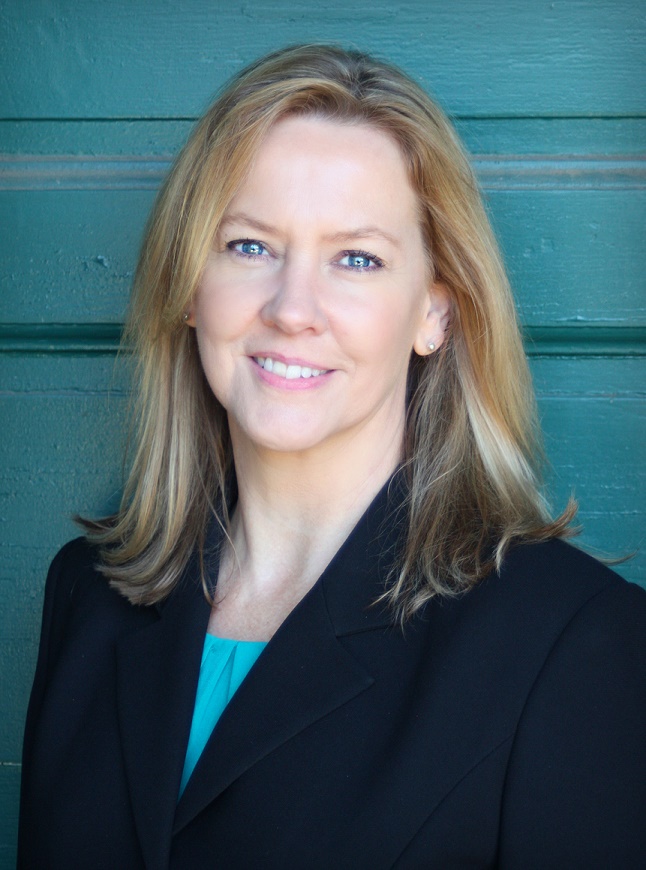As some states begin to ease restrictions brought on by COVID-19, you may experience anxiety and fear thinking about your return to a new normal. After all, the situation is still fluid and somewhat up in the air.
You’ve endured many weeks of social distancing and have likely greatly modified your life to avoid the virus. Understandably, taking steps back toward more public interaction, work, and school may cause anxious feelings.
There are several strategies you can use, though, to lessen this fear. And you can anchor these actions both in your faith as well as in practicality.
1. Remember God’s Presence
First things first! God has long shown his faithfulness in walking with his followers through tough times. The Bible shows us countless examples of this. Consider the many migrations of the Nation of Israel. They had to leave the familiar and walk toward an unknown future.
The disciples also had to live with a strange new normal after Christ ascended. But God was with them during these times. He sent the Holy Spirit (Acts 2) and used the situations to teach them and strengthen them. God can do the same for us if we let him.
2. Keep Perspective
Europe and North America have been fortunate to have avoided many disasters and pandemics in modern times. But that doesn’t mean we’re immune to them. Crises, such as world wars, dramatically changed daily life even in America. But we got through it. And it will be the same with the COVID-19 pandemic.
On a more personal level, you’ve probably encountered tough times in your own life. And with God’s help, you were able to get through them. He is faithful, as we are told countless times in scripture, including Lamentations 3:22-23.
3. Cultivate Peace
You can take small steps toward cultivating a sense of peace in your heart as the world reopens. Maintaining peace will help you manage your anxiety.
Because thoughts are tightly connected to emotions, one way to grow your peace is to practice noticing your thinking. When you find yourself having thoughts that induce fear, counter them with scripture (see Philippians 4:8). Talkback to the anxious thoughts, as it were. Replace them with God’s truth and knowledge of what you’ve gotten through in the past.
Emotions and thoughts are also connected to your physical bodies. Therefore, physical activity is another way to cultivate peace in your body, soul, and spirit.
4. Exercise Discernment
As Christians, we know the importance of exercising discernment in spiritual matters. But we also need to exercise discernment and caution in other aspects of life.
For example, continue to be mindful of health precautions such as wearing face masks, avoiding large gatherings, and monitoring your health. Such actions don’t mean that you’re being paranoid or showing a lack of faith. Instead, they show that you are careful and judicious.
5. Lean on Your Support Network
Even if you aren’t meeting in person, you probably have someone in your life to talk to about your fears concerning the pandemic. Open up to them and share your fears and anxieties. Listen for their reassurance and thoughts on the matter.
Galatians 6:2 reminds believers to bear each other’s burdens. So, if you’re part of a prayer group or Bible study, bring the topic up, whether it’s through virtual meetings or in-person groups. Or reach out to your pastor or other spiritual leaders.
And if you don’t have a support group such as these, now is a great time to try to find one. Many people are feeling the same way you do. Nurturing community is a very helpful thing to do right now.
—
If your anxiety and fears persist or become overwhelming, it’s important to get help. You don’t have to struggle on your own during this time. I am happy to offer teletherapy sessions during the pandemic. They’re proven to be as effective as in-person therapy.
About the Author

Julia Nelson, LCMHCA, LMFTA is a psychotherapist and owns a private practice in Henderson County, (Flat Rock) NC and Rutherford County, (Forest City) NC. In general, she specializes in couples counseling, anxiety and depression counseling, premarital counseling, and parenting classes. She is also a Certified Clinical Military Counselor. To find out more about Julia click here: Nelson Christian Counseling.
For more information about anxiety or depression counseling, click here.
Want tools for your life and relationship? Get my latest blog post by liking my Facebook page here.

